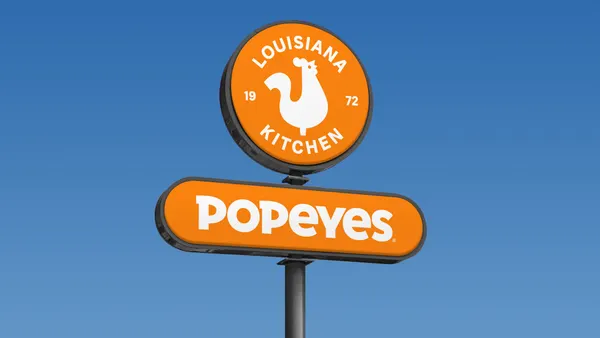Opening a restaurant is a marathon of menu planning, design and hiring. While you’re focused on the kitchen and the dining room, one of the most critical decisions happens quietly on a legal form: choosing your business entity. This choice is not just an administrative formality; it sets the stage for your liability, your taxes and your long-term growth potential. For restaurant owners, who face unique risks from slip-and-falls to foodborne illness claims, selecting the right structure is paramount to protecting their personal wealth.
The Standard Bearer: The Limited Liability Company (LLC)
For many independent restaurant owners, the Limited Liability Company (LLC) is the clear starting choice due to its simplicity and robust protection.
An LLC is a hybrid structure that provides the liability protection of a corporation with the operational ease and tax flexibility of a partnership or sole proprietorship. This liability shield is its primary appeal. In the event your restaurant is sued, a common occurrence in the food service industry, the LLC structure separates the business’s debts and legal obligations from your personal assets, such as your house or savings.
When it comes to taxes, the standard LLC is a pass-through entity. This means the business itself does not pay corporate income tax. Instead, the profits (or losses) are passed through directly to the owner’s personal income tax return (Form 1040). This avoids the problem of "double taxation" common with C-Corps. Learn more about what an LLC is and why it's a popular choice for new ventures.
While flexible, forming an LLC requires key documentation. Beyond the state filing, a detailed Operating Agreement is essential, especially if you have partners. It defines everything from profit distribution to who makes key management decisions. Keep in mind that LLC filing requirements and state fees vary significantly; for example, if you are starting a company in a popular market, like California, you can access state-specific guidance.
The Strategic Tax Move: Electing S-Corp Status
If the LLC is the standard, the S-Corporation election is the strategic upgrade often sought by established, profitable restaurant owners. Technically, the S-Corp is a tax classification, not a business entity itself. You can form an LLC and then elect to be taxed as an S-Corp by filing IRS Form 2553.
Why make this election? It often boils down to self-employment tax savings.
In a standard, pass-through LLC, the owners are considered self-employed, and all business profits are subject to the 15.3% self-employment tax (Social Security and Medicare).
Under the S-Corp classification, an owner-operator must be paid a "reasonable salary" through W-2 payroll and this salary is subject to payroll taxes. However, any additional profits taken out of the company as an owner’s distribution are generally exempt from that 15.3% self-employment tax.
For a restaurant generating significant profit, this distinction can translate into substantial annual savings. The catch is the added administrative burden and complexity of running formal payroll. Choosing between S-Corp vs LLC, requires careful consideration of your profitability and administrative bandwidth.
The Corporate Route: C-Corps and Franchise Goals
The C-Corporation is rarely the best fit for an independent, single-location restaurant. The main downside is double taxation: the business pays income tax on its profits, and then the shareholders pay income tax again on any dividends received.
However, the C-Corp becomes the entity of choice when the primary goal is rapid, large-scale expansion via venture capital (VC) funding. VC investors and most major financial institutions prefer the C-Corp structure because it simplifies the issuance of different classes of stock and is the standard for eventual Initial Public Offerings (IPOs).
If your business plan involves scaling from a local favorite to a multi-state franchise group backed by significant outside investment, starting with or eventually converting to a C-Corp may be necessary.
One Last Critical Consideration: Owner Compensation
No matter which entity you choose, you must establish how you, the owner, will take money out of the business legally.
- LLC (Taxed as a Sole Proprietorship/Partnership): Owners typically take an owner's draw (or distribution).
- S-Corp: Owners must be paid a W-2 salary plus optional tax-exempt distributions.
- C-Corp: Owners are paid as employees (W-2 salary) and may receive dividends.
Understanding the rules for how to pay yourself in an LLC is fundamental for budgeting and staying compliant with the IRS!










